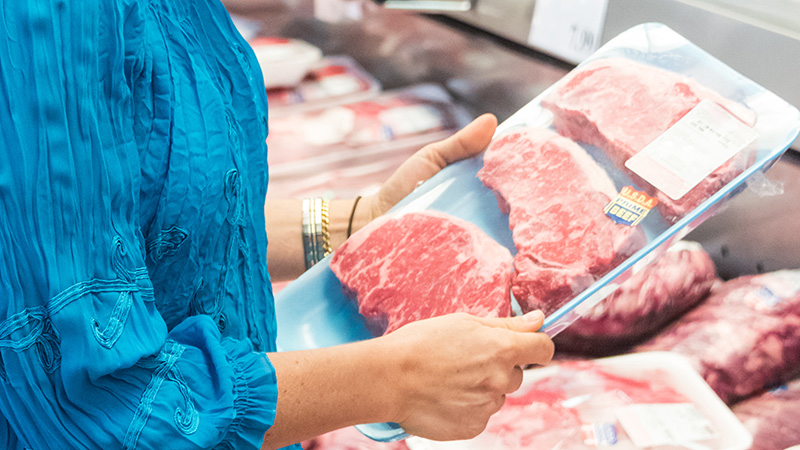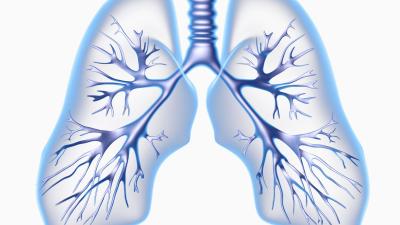Doctors Group Says Research Shows SARS-CoV-2 Can Be Transmitted From Meat Products
WASHINGTON—The Physicians Committee, a nonprofit organization of more than 12,000 doctor members, has reviewed recent data regarding the spread of SARS-CoV-2 via meat and meat packaging and found that transmission is a concern.
A Sept. 6 study, “Long-term survival of salmon-attached SARS-CoV 2,” says, “Several outbreaks of COVID-19 were associated with seafood markets, raising concerns that fish-attached SARS-CoV 2 may exhibit prolonged survival in low temperature environments…salmon-attached SARS-CoV 2 at 4°C could remain infectious for more than one week, suggesting that fish-attached SARS-CoV 2 may be a source of transmission.”
“You don’t get the virus from swallowing it, but infected meat acts as a fomite, that is a contaminated surface, just like a dirty door handle or toilet handle,” explains Physicians Committee president Neal Barnard, MD, who reviewed the most recent research about meat and meat packaging surfaces. “Fomites are the reason we use hand sanitizer. And the reason these studies need to be taken seriously is that fomites transfer viruses to our hands, and then to our faces, eyes, etc., in a process called autoinoculation.”
Since the beginning of the COVID-19 pandemic, thousands of slaughterhouse workers have been infected with SARS-CoV-2 and many communities surrounding these facilities have had high rates of viral infection. As of Sept 10, there were at least 42,123 infections and 201 deaths among U.S. meat packing plant workers, according to the Food & Environment Reporting Network.
In meat and poultry processing plants, as in other settings, the SARS-CoV 2 virus is easily airborne, remaining detectable for 30 minutes or more in air samples. According to the Centers for Disease Control and Prevention, one “can become infected from respiratory droplets when an infected person coughs, sneezes, or talks” or “by touching a surface or object that has the virus on it, and then by touching your mouth, nose, or eyes.”
“On any given day, each meat processing plant worker and inspector comes in close proximity to thousands of animal carcasses, each an additional object capable of transmitting that individual’s infectious respiratory droplets,” Dr. Barnard explains. “Before packaging, these carcasses are cut up, allowing for further spread from carcasses to implements or to other carcasses. The cut-up carcasses are then packaged, carrying the contamination to consumers.”
The Physicians Committee filed a lawsuit against the U.S. Department of Agriculture on August 12 for ignoring concerns about the presence of SARS-CoV-2 on meat products and packaging. The lawsuit comes as the USDA recently denied the organization’s May 20 petition requesting that the USDA require slaughterhouses to test meat and poultry for SARS-CoV-2 prior to making it available for sale and require grocery stores to warn consumers of the potential presence of SARS-CoV-2 on meat and poultry products.
Although studies show that infectious viruses easily survive during refrigeration and freezing, meat companies do not routinely test the extent to which meat products are contaminated with the virus. Researchers have not specifically tested the temperature at which meat and poultry products would have to be heated to kill SARS-CoV-2.
To speak with Dr. Barnard or another Physicians Committee expert, please contact Leslie Raabe at 202-527-7319.
Media Contact
Leslie Raabe
202-527-7319
lraabe[at]pcrm.org
Founded in 1985, the Physicians Committee for Responsible Medicine is a nonprofit organization that promotes preventive medicine, conducts clinical research, and encourages higher standards for ethics and effectiveness in education and research.









